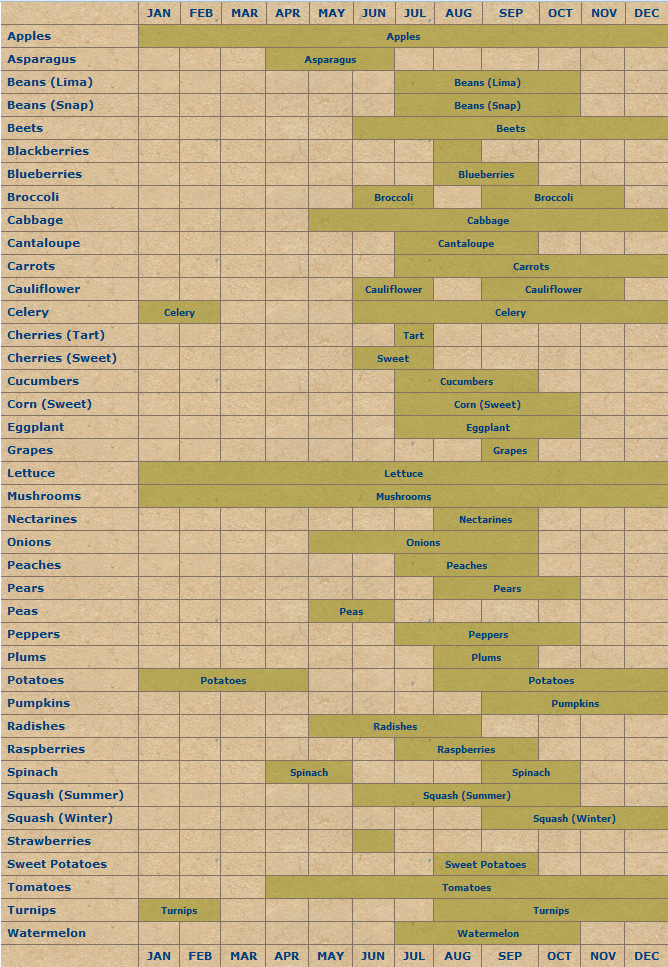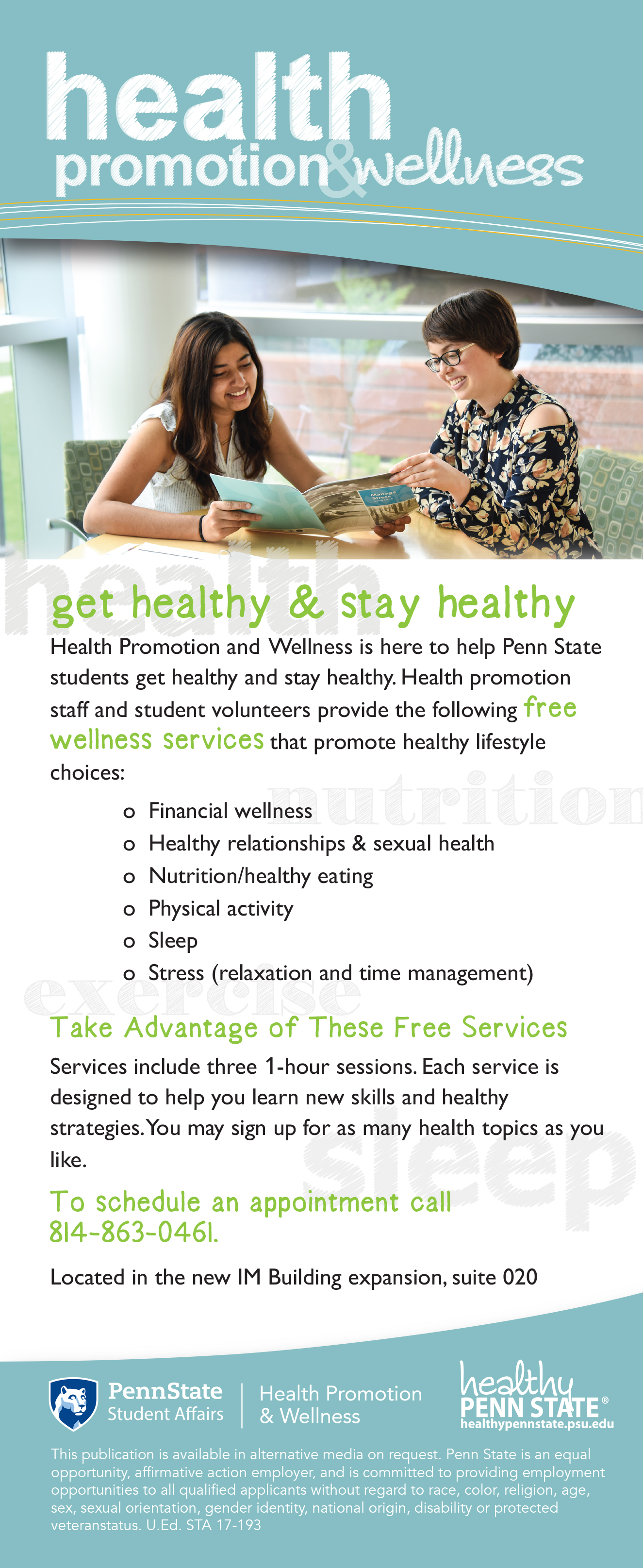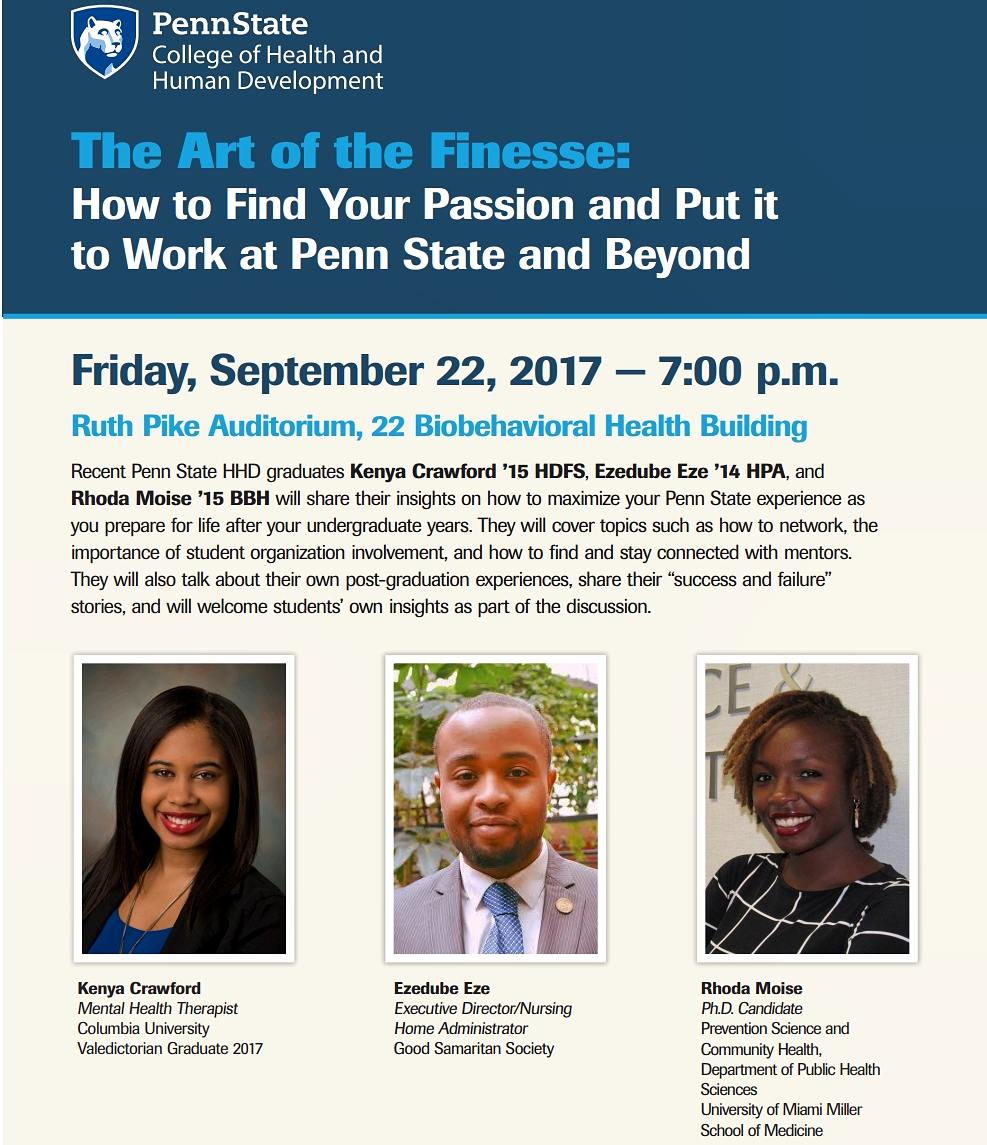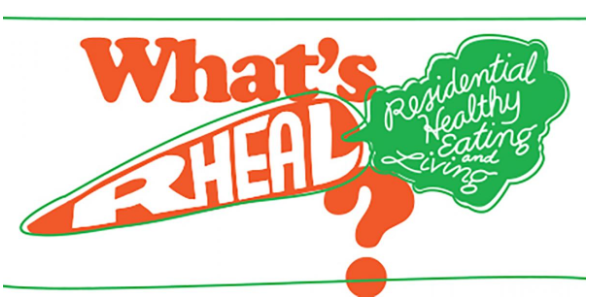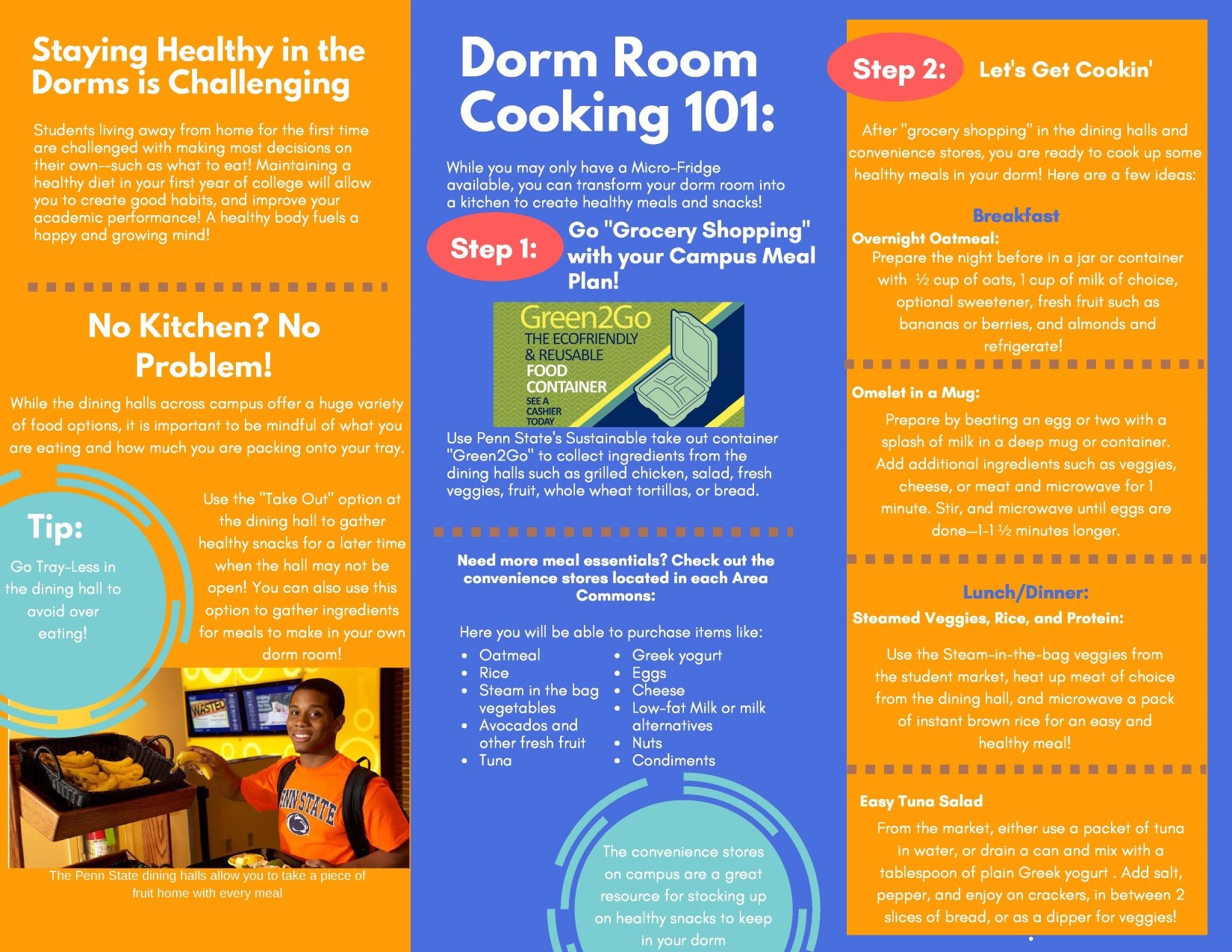Eating disorders — such as anorexia, bulimia, and binge eating disorder – include extreme emotions, attitudes, and behaviors surrounding weight and food issues. They are serious emotional and physical problems that can have life-threatening consequences for females and males. In the United States, 20 million women and 10 million men suffer from a clinically significant eating disorder at some time in their life (NEDA).
Interested in learning more about eating disorders or do you want to learn proactive ways to foster a body positive environment? Visit the websites below:
- nationaleatingdisorders.org
- eatright.org
- feast-ed.org
- eatingdisorderhope.com
- womenshealth.gov/body–image
Are you or someone you know struggling? There is a team of providers at Penn State who are dedicated to helping students who are struggling with eating disorders. Use the information below to make an appointment.
Healthy Eating and Living Support (HEALS)
University Health Services (UHS) Medical Appointments 863-0774
Nutrition Clinic 863-0461
Counseling and Psychological Services (CAPS) 863-0395
